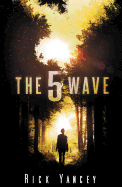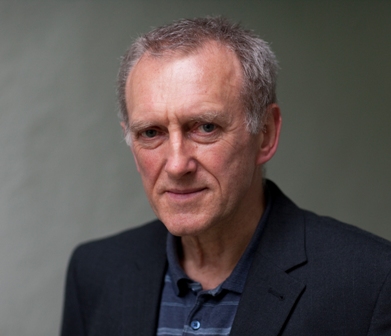 |
| photo: Angus Bremner |
James Kelman was born in Glasgow, Scotland, in 1946. He won the Cheltenham Prize for Greyhound for Breakfast (1987) and the James Tait Black Memorial Prize for A Disaffection (1989), which was also shortlisted for the Man Booker Prize. His fourth novel, How Late It Was, How Late, won the Booker in 1994. His story collection The Good Times (1999) won the Stakis Prize for Scottish Writer of the Year. In 2008 he won Scotland's most prestigious literary award, the Saltire Society Book of the Year Award, for Kieron Smith, Boy. He is the author of a television screenplay, The Return (1991), and has written many plays for radio and theater. Kelman has taught creative writing at the University of Texas, Goldsmiths College of the University of London and the University of Glasgow. His newest novel, Mo Said She Was Quirky, is now available from Other Press.
On your nightstand now:
The Collected Stories of Lorrie Moore, Knockemstiff by Donald Ray Pollock, Assorted Fire Events by David Means, Billy Lynn's Long Halftime Walk by Ben Fountain and Civil Wars (essays) by June Jordan.
Favorite book when you were a child:
As a young child: The Faraway Tree by Enid Blyton. From the age of five I queued up at the public library for each new book. I don't think I identified with her characters at all. They were from a different planet, but she knew how to tell a story. As an older boy, I liked the work of R.M. Ballantyne; the novels The Coral Island and Martin Rattler come to mind. Tales of the South Sea, adventure yarns in South America and so on. I enjoyed all the characters in the work of Mark Twain, beginning from Tom Sawyer's old Aunt Polly, and so many great villains. But I was there with Huck Finn on that island.
Your top five authors:
I'm going for U.S. authors here. I have about 500 favorites:
Tillie Olsen, Zora Neale Hurston, Willa Cather, Meridel Le Sueur, Kathy Acker, William Saroyan, Tom Kromer, Ralph Ellison, William Carlos Williams, Gertrude Stein, Upton Sinclair, Adrienne Rich, Sherwood Anderson, Charles Bukowski, June Jordan, Flannery O'Connor, Katherine Porter, Isaac Bashevis Singer. Fielding Dawson and the stories by Mary Gray Hughes, who was an early friend and mentor of mine, and maybe I should stop now....
Book you've faked reading:
On the Night-train Heading South by C.J. Brever.
Book you're an evangelist for:
Tell Me a Riddle: Stories by Tillie Olsen. I think this opening story is one of the great works of American art of the 20th century. It is an immigrant's story and this makes it hard for many people. But really, it is a beautiful story and should be required reading for all. Tillie Olsen led an adventurous life as a woman, a mother and a person committed 100% to making the world a better place. I was fortunate to know her. Into her 80s and she was still fighting, this time on behalf of San Francisco public libraries. Her book Silences is another gem, and a must-read for all writers, especially those whose lives are consumed with the 101 essentials to living. I also recommend the short stories of Saadat Hasan Manto and Isaac Babel.
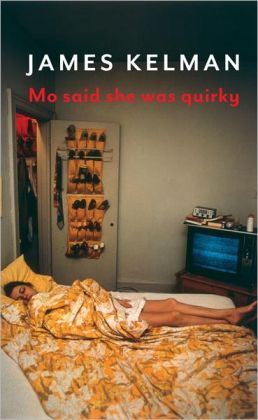 Book you've bought for the cover:
Book you've bought for the cover:
The Diatribe by Angelina Mackenzie. This cover is an imaginative evocation in oils of an extraordinary prose narrative I came upon at the age of 13, which I lost and has haunted me for more than 50 years. I bought the book with an entire month's wages from my after-school employment as a newspaper boy, only to discover that an "imaginative evocation" is wholly distinct from a "prose narrative." It was a great disappointment. Fortunately I discovered a ragged old copy of The Celebrated Jumping Frog of Calaveras County, and Other Sketches by Mark Twain, and that cured me of any fancy pretensions.
Book that changed your life:
The book I know will change my life is On the Night-train Heading South by C.J. Brever, but it is becoming less likely I shall ever make a start on it.
Favorite line from a book:
"Someone must have been telling lies about Joseph K." --the opening line to The Trial by Franz Kafka. Another favorite opening is the four lines to Tom Sawyer:
"Tom!
No answer
Tom!
No answer."
Both this and Kafka's opening line are good for students and people who want to become fiction writers: "Cut out the cackle and get on with the story."
Book you most want to read again for the first time:
Winesburg, Ohio by Sherwood Anderson, with the proviso that I may have read it in my midteens. One of my favorite pieces of prose is the tribute to Anderson by Gertrude Stein, which she entitles "Sherwood's Sweetness."
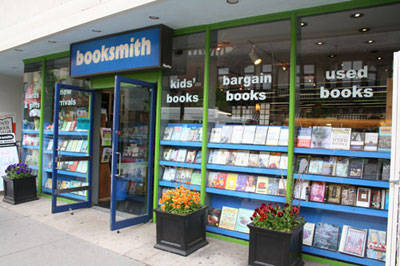 "Dear family and friends of Brookline Booksmith, whether near or far,
"Dear family and friends of Brookline Booksmith, whether near or far,





IPC.0218.S4.INDIEPRESSMONTHTITLES.gif)



IPC.0211.T4.INDIEPRESSMONTH.gif)
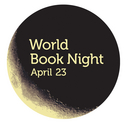 World Book Night U.S.
World Book Night U.S.
 Skyhorse Publishing and Start Publishing have partnered to acquire
Skyhorse Publishing and Start Publishing have partnered to acquire  Nook Media, a subsidiary of Barnes & Noble, announced that
Nook Media, a subsidiary of Barnes & Noble, announced that 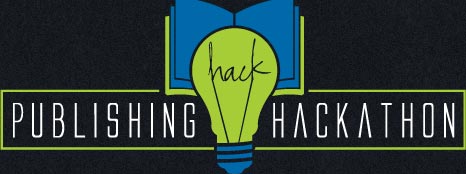 Hoping to address the ongoing challenge of book discovery in a digital world, a group led by the Perseus Books Group, Librify, BookExpo, the AlleyNYC and William Morris have announced the
Hoping to address the ongoing challenge of book discovery in a digital world, a group led by the Perseus Books Group, Librify, BookExpo, the AlleyNYC and William Morris have announced the 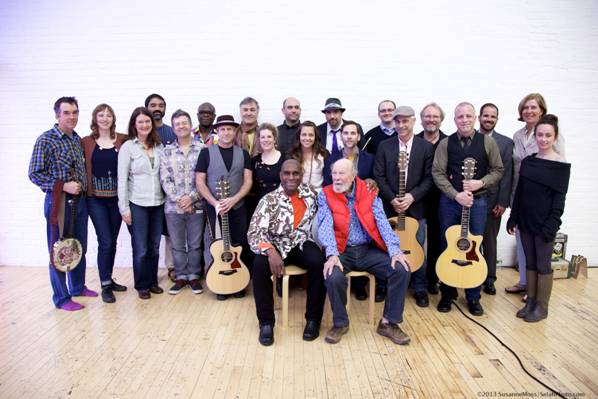
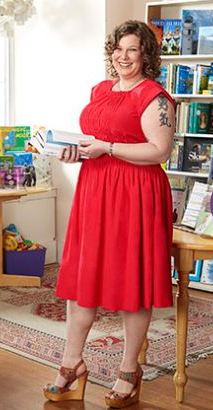
 Tokyo construction firm Kajima Corp. and its affiliate, bookstore chain Yaesu Book Center, have started a
Tokyo construction firm Kajima Corp. and its affiliate, bookstore chain Yaesu Book Center, have started a 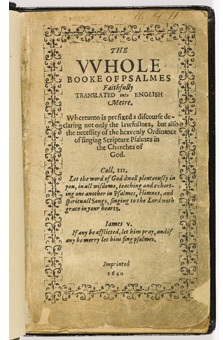 The
The 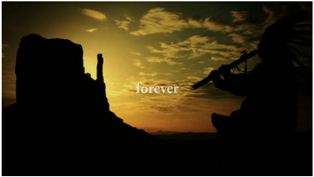 Time of Change
Time of Change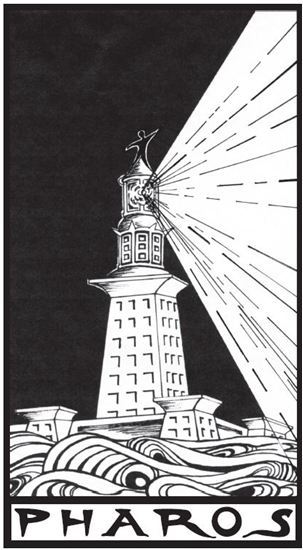
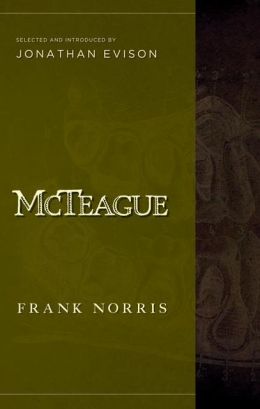 Kirchner wanted to do four to six books at the beginning--enough titles to have a story, but few enough to control. He called his friend Jamie Angell, who suggested Matt Groening, a friend since high school. Groening agreed, and chose a '30s Hollywood noir-ish book called You Play the Black and the Red Comes Up by Richard Hallas, aka Eric Knight (yes, Lassie, Come Home. Really).
Kirchner wanted to do four to six books at the beginning--enough titles to have a story, but few enough to control. He called his friend Jamie Angell, who suggested Matt Groening, a friend since high school. Groening agreed, and chose a '30s Hollywood noir-ish book called You Play the Black and the Red Comes Up by Richard Hallas, aka Eric Knight (yes, Lassie, Come Home. Really).
 Book you've bought for the cover:
Book you've bought for the cover: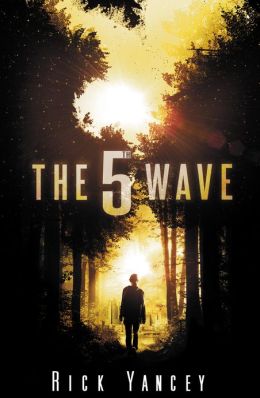 One of the most terrifying aspects of Rick Yancey's (The Monstromologist) novel of an alien infiltration is the sense that it could happen imminently, with contemporary references that place the action in the here and now.
One of the most terrifying aspects of Rick Yancey's (The Monstromologist) novel of an alien infiltration is the sense that it could happen imminently, with contemporary references that place the action in the here and now.